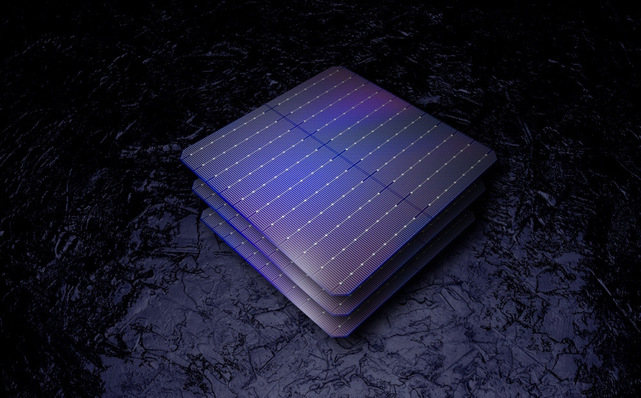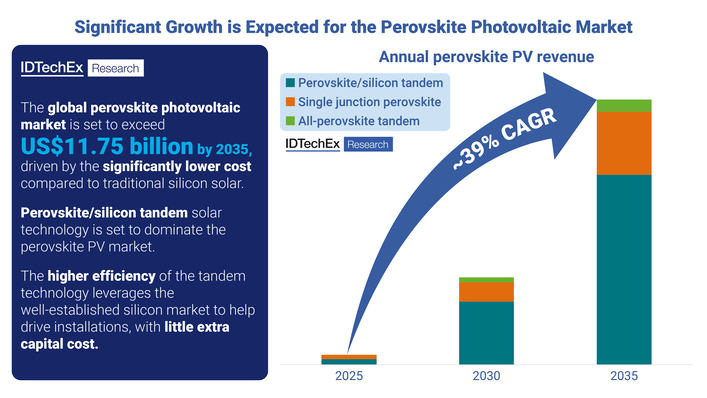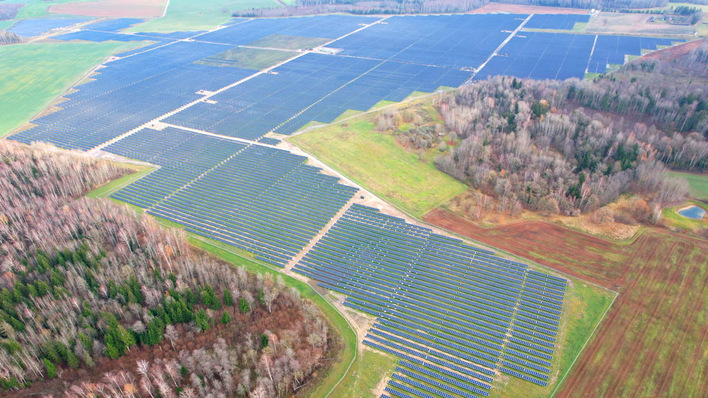Raynergy Tek has specialised in the development of organic semiconductor materials for OPV modules, for example non-fullerene acceptors (NFAs). With an efficiency record of around 20 per cent in laboratory cells, they promise significantly higher performance than conventional acceptors in the future. ASCA has now succeeded in integrating NFA-based materials into its prefabrication for the first time. With the help of the materials supplied by Raynergy Tek, the company was able to increase the efficiency of its semi-transparent free-form solar modules to around 70 watts per square metre.
"We have now been able to confirm our laboratory results in industrial production tests" explains Dr Sebastian Meier, Vice President Corporate Development and Partner Management at ASCA. The company is now working to complete the material launch so that OPV modules with the new materials will be available by the end of 2022 at the latest. "With the class of NFAs, we are opening up the possibility of making significant progress in efficiency values in the medium term as well," adds Meier.
See also: Armor and BGT realise glass balustrade with organic solar elements
ASCA had already scored a success by the end of 2020: Under low-light conditions, the OPV cells with semiconductor materials from Raynergy Tek achieved a record efficiency of 26 per cent. Initial results show that the material now being introduced also achieves similar values under low light.
ASCA and Raynergy Tek intensify cooperation
ASCA and Raynergy Tek have been working closely together since 2014. To strengthen their joint development work, the companies have now entered into a partnership agreement. "We are pleased to intensify the cooperation with our partner ASCA. Together, we have the necessary expertise to further advance the development of high-performance OPV modules," says Dr Phoebe Tan, Managing Director of Raynergy Tek. The new material system is a first joint step into the world of NFA materials, with more to come. (mfo)
Also interesting: Smart and sustainable clothing with organic solar modules







